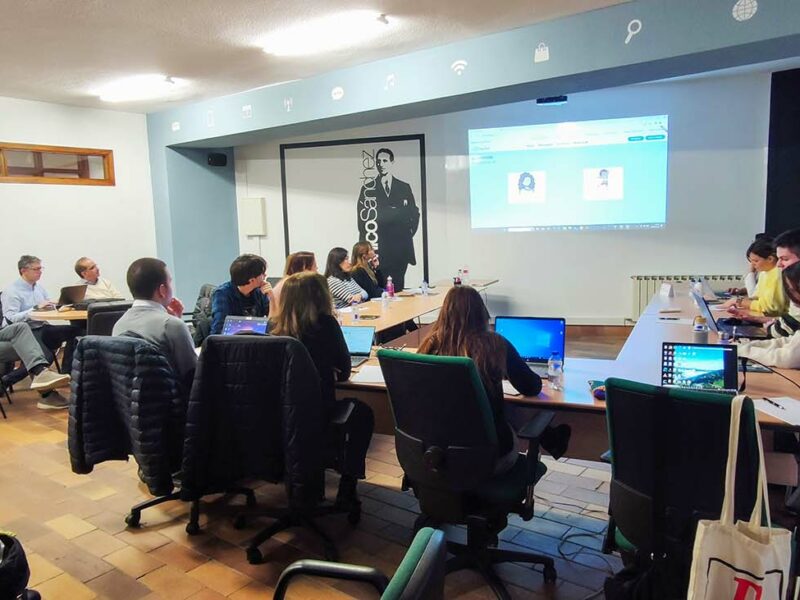PlanTEA: support for the planning and anticipation of children with ASD who attend medical appointments
Article in which the professors Ana Isabel Molina and Carmen Lacave participate.
In people with Autism Spectrum Disorder (ASD), skills related to anticipation and mental flexibility are usually altered, so their thinking tends to be very rigid and their behavior is based on the establishment of routines. For this reason, children with ASD may display disruptive behavior when faced with bothersome but necessary activities, such as going to a doctor's appointment. For this reason, it is very convenient and necessary for their families to prepare the visit in advance and explain the details of the procedure that will be carried out in the consultation. The use of anticipation boards in these situations allows preparing for these situations and reducing stress for both the child with ASD and their families or caregivers. In this context, the use of technology can provide great benefits for the anticipation of a new event, or what puts the control of their routines at risk, as well as enhancing development skills such as communication, autonomy, social interaction, etc. This article describes a computer tool, for mobile devices such as tablets, that allows planning the assistance of children with ASD to the necessary medical appointments throughout their childhood and adolescence, as well as communication with specialists. This app, called PlanTEA, has been subjected to a preliminary evaluation that has yielded very positive results. Most of the participants consider that the app is useful to help anticipate (94,1%) and improve communication (94,2%) of people with ASD in medical contexts, they consider it easy to use, without the need for support technician to use it (almost 100%), and would recommend its use (94,2%). This first evaluation has also made it possible to define the next steps to be taken to improve and strengthen this tool and thus reach a broader population within the autistic disorder. As a result of the evaluation carried out and the comments received, it is proposed to extend its use to adult users and users with high-functioning autism, which means expanding and extending the functionalities of the current version of PlanTEA.











